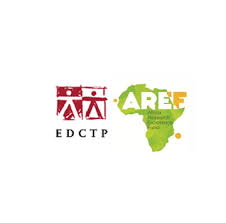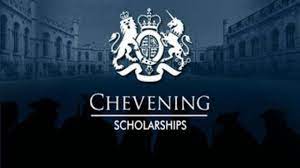The Marshall Scholarship interview is more than just a formality; it is an integral part of the selection process. It provides the interviewers with an opportunity to assess your interpersonal skills, leadership qualities, and suitability for the scholarship. Understanding the significance of this stage will help you approach it with the right mindset.
Marshall scholarship Interview
The interview usually takes around 30 minutes and will be before a selection committee (normally made up of previous Marshall Scholars).
This interview follows a loose structure, consisting of an introduction followed by a series of more detailed questions regarding your area of expertise, personal interests, current affairs and your potential contributions as a Marshall Scholar.
It’s important to tailor your answers to the Marshall Scholarship selection criteria – it’s a relatively short interview, so don’t waste your time talking about things that aren’t relevant to the scheme. Avoid generic answers that could easily apply to any other country around the world; make sure you show a meaningful affinity with the UK.
Expect to be asked probing questions about current Marshall scholarshipevents – both local and global – as well as the motivations behind your choice of programme and institution.
At Interview, Candidates Should Be Able To:
- Reveal something of their personality when asked relevant questions (e.g., asking a scientist about a favorite book, poem, film, or most recent performance attended)
- Engage the interview panel in discourse and be able to hold their own in adversarial questioning (i.e., does not merely respond to questions posed, but does speak eloquently and substantively to questions)
- Expand the question and/or the response to wider issues relating to their studies or to the situation in general
- Respond intelligently to searching questions designed to test ability to think out ethical issues
- Demonstrate that they have a social and “intellectual” life outside of academic life (e.g., they are not mere bookworms or loners)
Guidance, Mock Interview, Marshall Scholarship
- Demonstrate a sustained commitment to society through volunteer activities and other forms of service
- Demonstrate sincerity, passion, compassion, and commitment
- Demonstrate awareness of current events in general as well as “hot” or popular topics, areas or recent developments within one’s field of study
- Demonstrate an ability to connect ideas—to draw connections even with previous areas of
questioning, and to use examples from life-experience, academic studies, current events, etc. - Demonstrate an assimilation of knowledge, coherence, and an ability to go beyond mere technical or specialized knowledge/training to see how that knowledge relates to the candidate’s view of the world: his/her beliefs, values, politics, ambitions, etc.
Interview Format
- Approximately 30 minutes per candidate (responses should be kept brief, no more than 2-3 minutes per question)
- Typically 6-8 interviewers with a primary questioner (that questioner will have done his/her
homework on the candidate’s topic/s) and a secondary questioner; - Include questions derived from the candidate’s application packet (i.e., his/her essays, resume, and letters of recommendation); these are intensively probing questions that get at the edge of what the candidate does and does not know
- Include questions derived from current events and contemporary topics, developments or debates from the candidate’s general field of expertise
- Include tough as well as soft questions designed to reveal the candidate’s critical thinking and communication skills as well as his/her composure/presence
Conclusion
In conclusion, the Marshall Scholarship interview is your chance to shine and showcase the qualities that make you an exceptional candidate. Embrace the opportunity with confidence, preparation, and a genuine passion for the scholarship\’s mission.
FAQs about Marshall Scholarship Interview
- Q: How can I best prepare for the Marshall Scholarship interview?
- A: Thoroughly research the scholarship, practice common questions, and engage in mock interviews.
- Q: What is the role of personal anecdotes in the interview?
- A: Personal anecdotes help humanize your story and make a lasting impression on the interviewers.
- Q: How should I handle challenging questions during the interview?
- A: Stay composed, turn challenges into opportunities, and focus on your ability to learn and adapt.
- Q: Is post-interview etiquette essential?
- A: Yes, sending thank-you notes and follow-up communication contribute to a positive impression.
- Q: How can I align my values with those of the Marshall Scholarship?
- A: Clearly express your commitment to leadership, public service, and making a positive impact on society.






